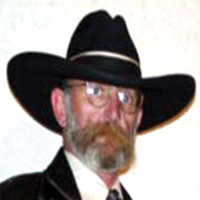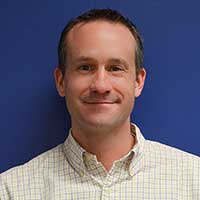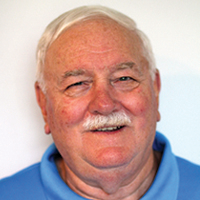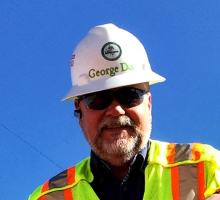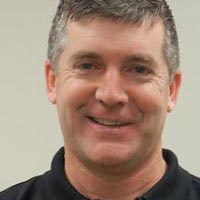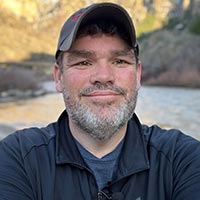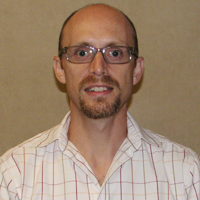Markets
Tips for Properly Sizing a Submersible Water Well Pump
Expert Driller Talks Factors to Consider for Groundwater Pumps
Read More
Keep the info flowing with our eNewsletters!
Get the latest industry updates tailored your way.
JOIN TODAYCopyright ©2024. All Rights Reserved BNP Media.
Design, CMS, Hosting & Web Development :: ePublishing

